Both communities have had to deal not only with historic social injustices of the past, rooted in structural disadvantages but also the current generalization of their communities as violent extremists, thanks to Al -Shahab and ADF, Allied Democratic Forces. Since the declaration of the war on terror, their often blanket association with the two groups respectively, and often collaboratively, has made them the subject of a huge counter-terrorism response by local and foreign governments. Hence, they have been at the receiving end of security agencies’ operations and their relationship with their governments has been highly securitized.
The first part of the book is a situational analysis of the state of marginalisation, the resilience factors and recommendations for positively changing the situation. It also touches on the critical subject of terrorism and outlines Islam’s stand on the vice perpetrated by a very small section, but that has put both communities in disrepute.
The second part deals with accountability; or rather, the responsibility of the communities. So, whereas there is a lot that can be catalogued as complaints or grievances, the communities have a responsibility to be better and exemplary. It presents a few actions that need to be emphasized to build stronger, better organised and peaceful communities, to suffocate the spaces for negative mobilization of especially young people. It also brings the role of the Mosque into focus. This section is intended for community organizers, leaders and those interested in self-examination. It is also useful for agencies that take an interest in strengthening the resilience of Muslim communities who may want to support initiatives in the community that would reduce the risk of individuals and groups falling prey to negative behaviour, but also to reverse and undermine the effects of marginalisation.















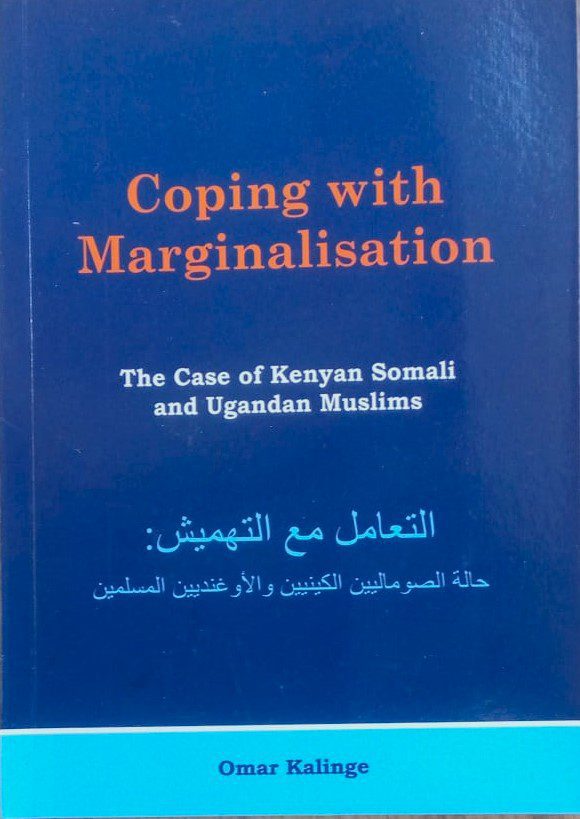
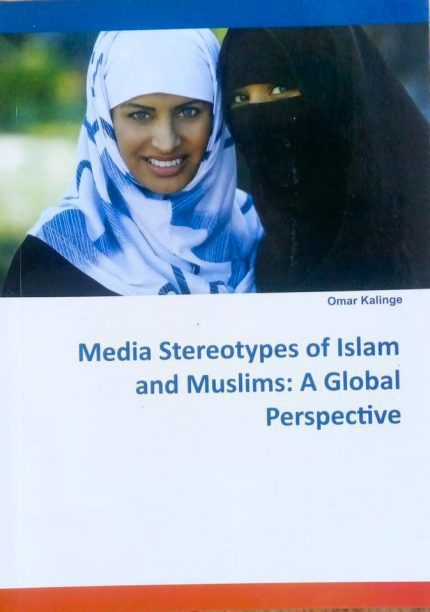





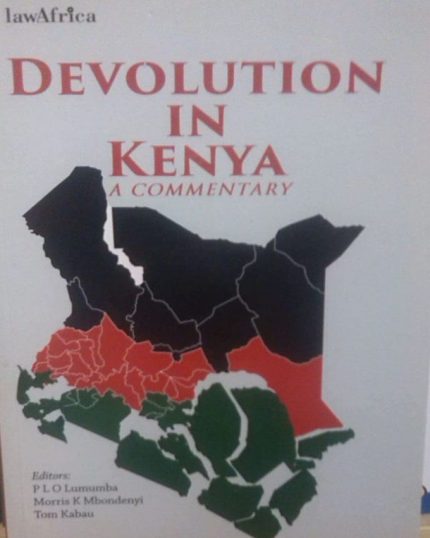
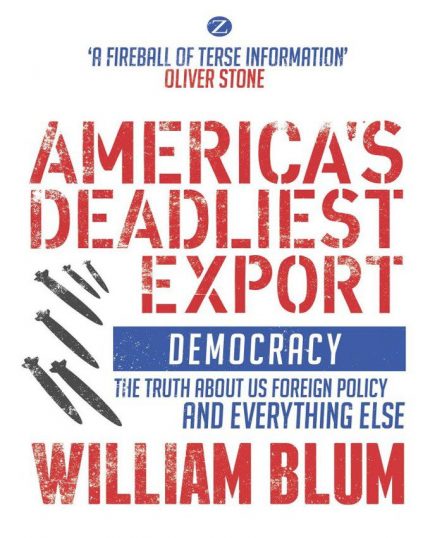

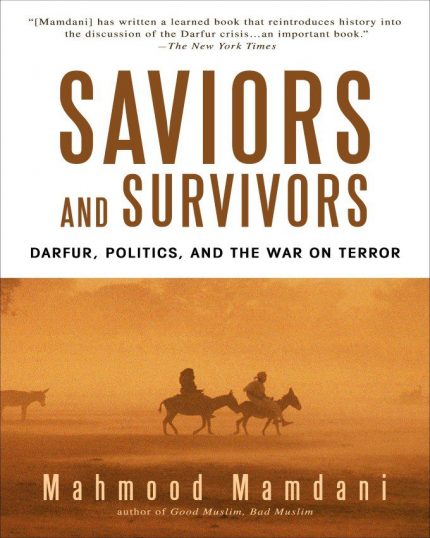

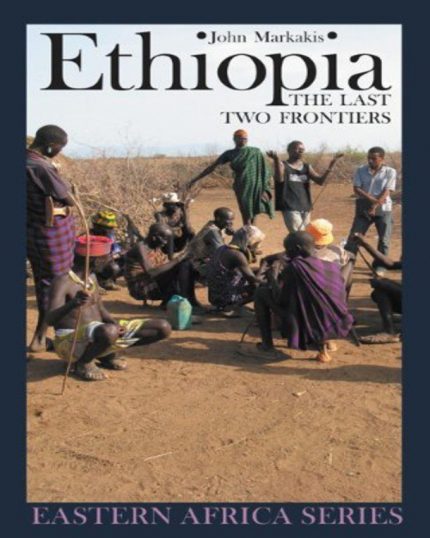
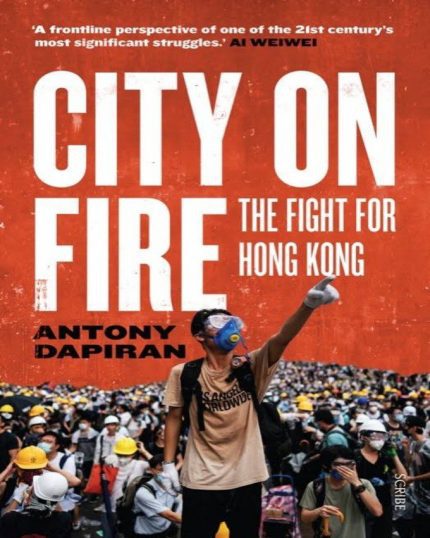




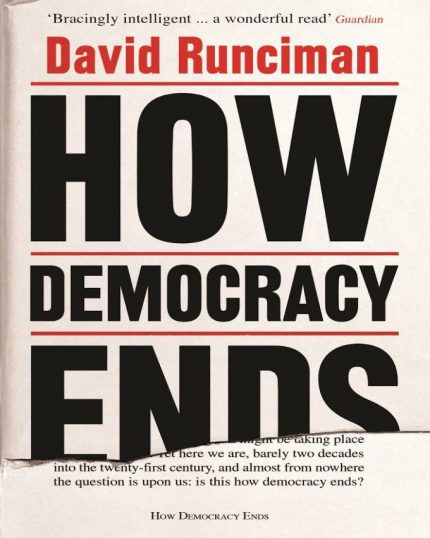
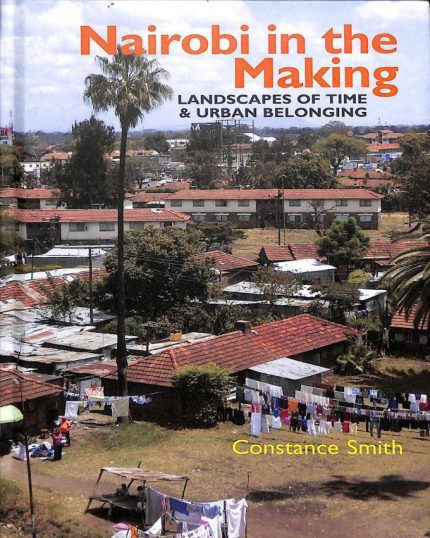

Reviews
Clear filtersThere are no reviews yet.